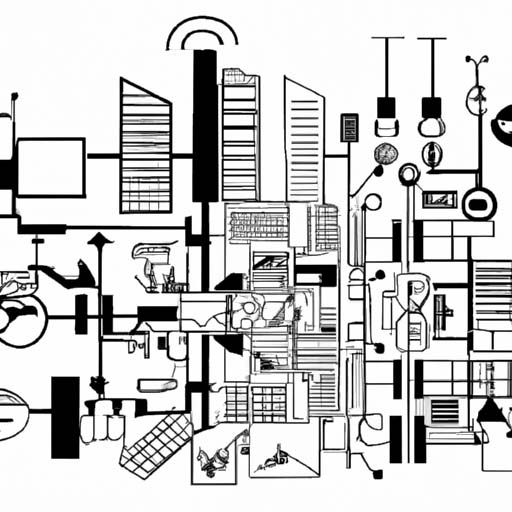Artificial Intelligence (AI) has the potential to revolutionize the healthcare industry, particularly in the area of medical coding automation. Companies like Fathom are using AI and Natural Language Processing (NLP) deep learning to automate the complex process of medical coding. This automation can improve efficiency, reduce errors, and free up valuable time for healthcare professionals to focus on patient care.
Apart from medical coding, AI is also being used to optimize medical imaging and improve healthcare outcomes. AI-powered workflows enhance images, aid in detection and diagnosis, personalize medicine, and continuously improve patient care. However, there are challenges that need to be addressed, such as security concerns and the need for ongoing audits to ensure that AI systems are functioning correctly and ethically.
Healthcare organizations must also remain adaptive to evolving coding regulations and AI technologies. Regulatory compliance is important, and any technology employed must adhere to guidelines. Staying updated and adaptive to changes in AI technology is crucial for healthcare organizations to fully harness the potential of AI.
In conclusion, AI has the potential to revolutionize healthcare by automating complex processes, enhancing decision-making, and improving patient care. However, addressing security concerns, embracing ongoing audits, and staying adaptive to evolving regulations and technological advancements are essential for fully harnessing the potential of AI in healthcare.
